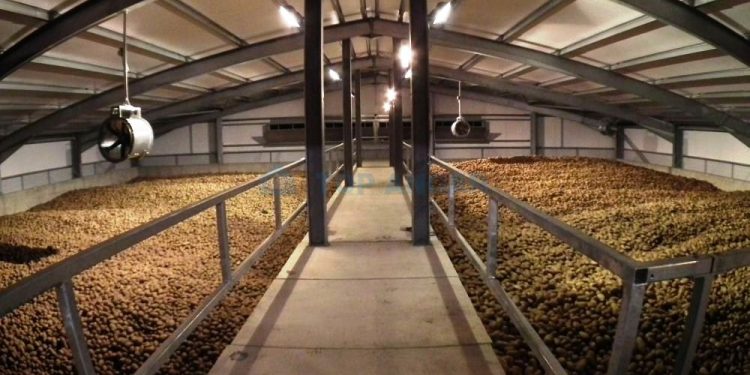#VegetableProcessing #StorageFacilities #FoodIndustry #Agriculture #Technology
The food industry is constantly evolving, and the agriculture sector is no exception. With the increasing demand for processed vegetables, it is essential to have professional storage facilities to ensure a full cycle of vegetable processing. In this article, we will discuss the development of storage facilities in the vegetable processing industry and the consequences of not having them.
The vegetable processing industry has seen significant growth in recent years, with more and more consumers opting for processed vegetables due to their convenience and longer shelf life. However, to ensure the quality of processed vegetables, it is essential to have proper storage facilities. The development of storage facilities in the vegetable processing industry has been significant, with the introduction of advanced technologies such as controlled atmosphere storage, refrigerated storage, and modified atmosphere packaging. These technologies help to maintain the freshness and quality of vegetables, ensuring a full cycle of vegetable processing.
Without professional storage facilities, it is impossible to organize a full cycle of vegetable processing. The lack of proper storage facilities can lead to spoilage, loss of quality, and reduced shelf life of vegetables. This can result in significant financial losses for farmers and processors, as well as a negative impact on the environment due to increased waste. Additionally, the absence of proper storage facilities can lead to food safety issues, which can have severe consequences for consumers.
The development of professional storage facilities in the vegetable processing industry is essential to ensure a full cycle of vegetable processing. The use of advanced technologies in storage facilities helps to maintain the quality and freshness of vegetables, reducing waste and ensuring food safety. It is crucial for farmers and processors to invest in professional storage facilities to meet the increasing demand for processed vegetables and to ensure the sustainability of the industry.































